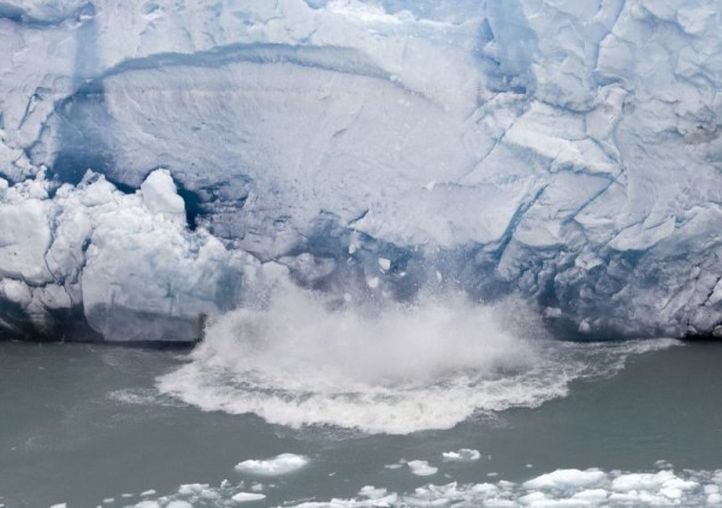Just as the members of the UN prepare to come together for the 21st Climate Change Conference in Paris, Chatham House has released a report stressing on the need for a global diet change to curb global warming. We bring to you the key points of the report and the reasons why you should be concerned.
What is Global Warming and why is it important?
Global Warming refers to an increase in the earth’s temperature. It happens when the gases in earth’s atmosphere absorb sunlight and heat the planet up. Normally this is good and even required for life, but as they say everything has its limits. Global Warming is that limit.
It is important, as a higher temperature on Earth will cause glaciers to melt faster than they can reform; thereby increasing the levels of water bodies leading to floods and storms. Over time, raised sea levels will cause change in ecosystems- some species will become extinct before time and others will flourish more than they should.

What does the report say?
According to the report, UN’s member countries have pledged to limit the climate change to 3 degrees by 2100. This, however, is not enough. Scientists say that the world can afford a maximum increase in temperature of 2 degrees to ensure a sustainable environment. A proposed method of limiting global warming is decreasing our consumption of meat.
In order for you to eat meat, companies have to farm cattle. The report states that the flatulence caused by these animals is responsible for almost almost 15 percent of the world’s greenhouse gas emissions. If governments do not curb meat and dairy consumption, the damage to the atmosphere would be irreversible. It will not make a difference to you, but it will surely affect the generations that come after you.

But meat was supposed to be healthy, right?
Meat is healthy, yes. However, the report states that the world , especially developed countries, is already consuming twice the amount of meat than it needs.
“By 2050, global meat consumption is expected to rise by 75 per cent: even with ambitious mitigation to lower the emissions intensity of livestock production the world over, the increase in consumption will eat up a huge slice of the remaining carbon budget,” the report stated.
Also, the WHO has recently stated that consumption of high amounts of red and processed meat increases the risk of getting non-communicable diseases.
Mind you, no one is asking you to turn vegetarian, they’re just saying eat less meat.

Why isn’t anybody paying attention?
Because, moolah matters. Governments are afraid of a major public backlash and also of a decrease in revenue from the meat and packaging industry. They have therefore, ignored the UN’s repeated pleas of implying a carbon tax on meat products. However, reports have suggested that the public may be far more receptive to the idea than the governments believe.
As we wait for the UN to come together on November 30th, we can only pray that the conference in Paris is able to come up with a solution that all agree to.

















